Team
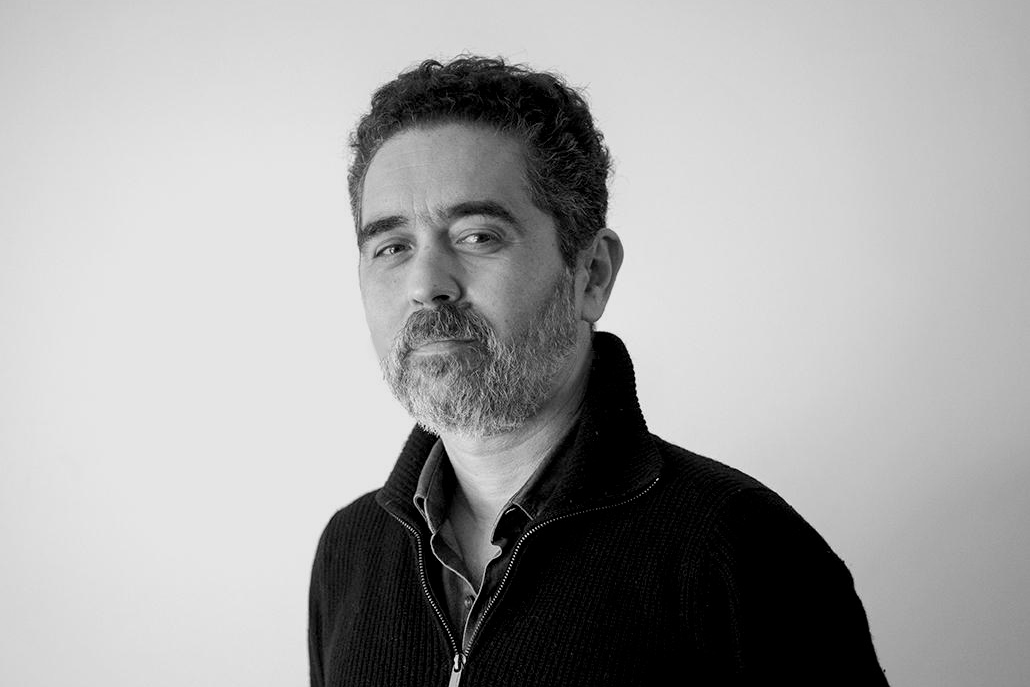
Frederico Ágoas is a research fellow at the Interdisciplinary Centre of Social Sciences, NOVA University Lisbon (CICS.NOVA – NOVA FCSH), where he develops a research project on the history of Portuguese colonial and metropolitan social research. Before that he was a postdoctoral fellow at CICS.NOVA, where he conducted a project on the history of social sciences under authoritarian rule. This followed a one-year stay (2014-2015) as a post-doctoral researcher at the Getulio Vargas Foundation (FGV), in Rio de Janeiro, where he carried out archival research on the subject, at the School of Social Sciences (CPDOC), and taught at the Brazilian School of Economics and Finance, also at FGV. He completed his doctorate at NOVA FCSH (2011) and from then on, has been working on historical sociology, the history of the human sciences and the sociology of knowledge, focusing on the relationship between empirical social research and modern state and empire building. Since 2016 he has been a member of the ISA Research Committee on the History of Sociology. He is also a member of the FCT research project Burning landscapes: A political and environmental history of the large wildfires in Portugal (1950-2020), in which he co-coordinates the study of the science and politics of forest fires. Between 2020 and 2022 he was member of the board of CICS.NOVA and he was responsible for the research group Education, Knowledge and Culture.
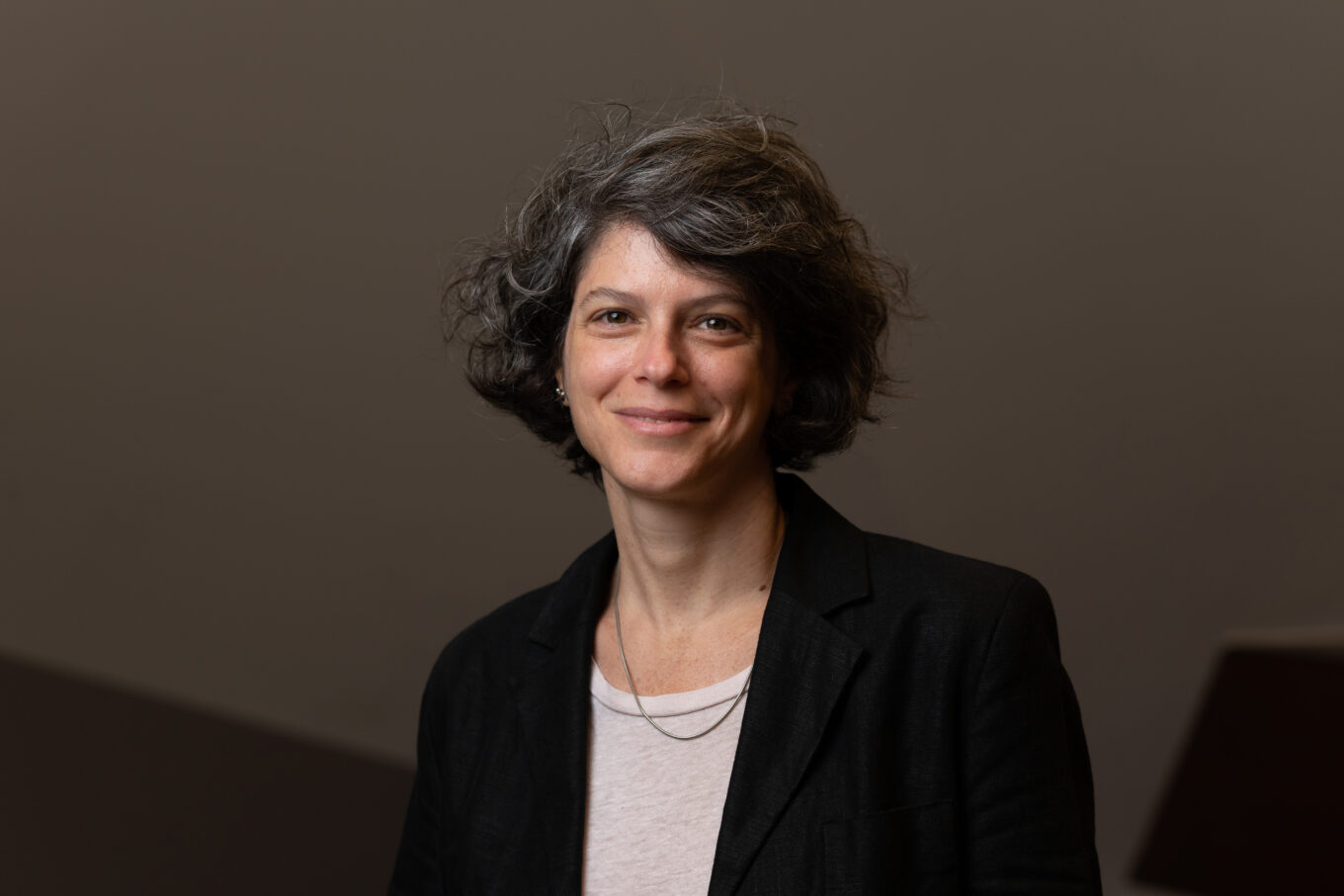
© Jason Smith
Tal Arbel is ISP teaching fellow at the College of Arts and Sciences, University of Pennsylvania. She is a cultural historian of science and medicine, with extensive background in psychology and psychiatry, in gender and queer studies, and in social theory. She is especially interested in how ordinary people interact with methods of measurement, assessment tools, and diagnostic procedures, and how these interactions in turn shape their institutional environments and self-understanding. She has written, lectured, and taught about the history of surveys and social statistics, the politics of mental health and disability, and the sociology of expertise. She holds a PhD in History of Science from Harvard University and was a Postdoctoral Fellow at the Institute on the Formation of Knowledge, University of Chicago.
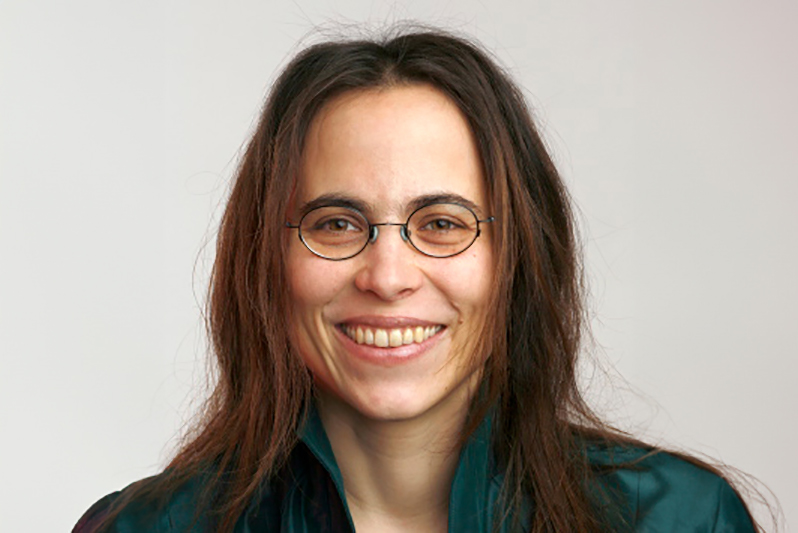
Nina Baur is Professor for Methods of Social Research at the Technische Universität Berlin (Germany). Her research fields are social science methodology, process-oriented and historical sociology, spatial sociology and economic sociology (including sociology of consumption and sociology of work). Amongst others, she is Managing Editor of the Journal “Historical Social Research” (HSR), was Secretary, President and Past President of the Research Committee on Logic and Methodology in Sociology (RC33) (2014 – 2022) and is a Board Member of the Research Committee on Historical Sociology (RC56) (since 2010) of the International Sociology Association (ISA). She was Deputy Chairwoman of the User Advisory Board of GESIS – Leibniz Institute for the Social Sciences (an association for social science survey and digital data infrastructure) (2008 – 2014) and since 2016, represents her university in the GESIS Member Council. She was Board Member of the ASI (Association of Social Science Institutes) and Member of the 2nd Chamber of the Complaints Council of the German Market and Social Research Associatation (ADM) (2011 – 2014). She was the Director of the “Global Center of Spatial Methods for Urban Sustainability” (SMUS) (2020-2025) and is Principal Investigator and Board Member of the Collaborate Research Centre “The Re-Figuration of Spaces” (CRC 1265) (since 2016). The “Handbuch Methoden der empirischen Sozialforschung” (“Handbook for Methods of Social Research”) she co-edited with Jörg Blasius is the most widely-read book published by Springer worldwide.
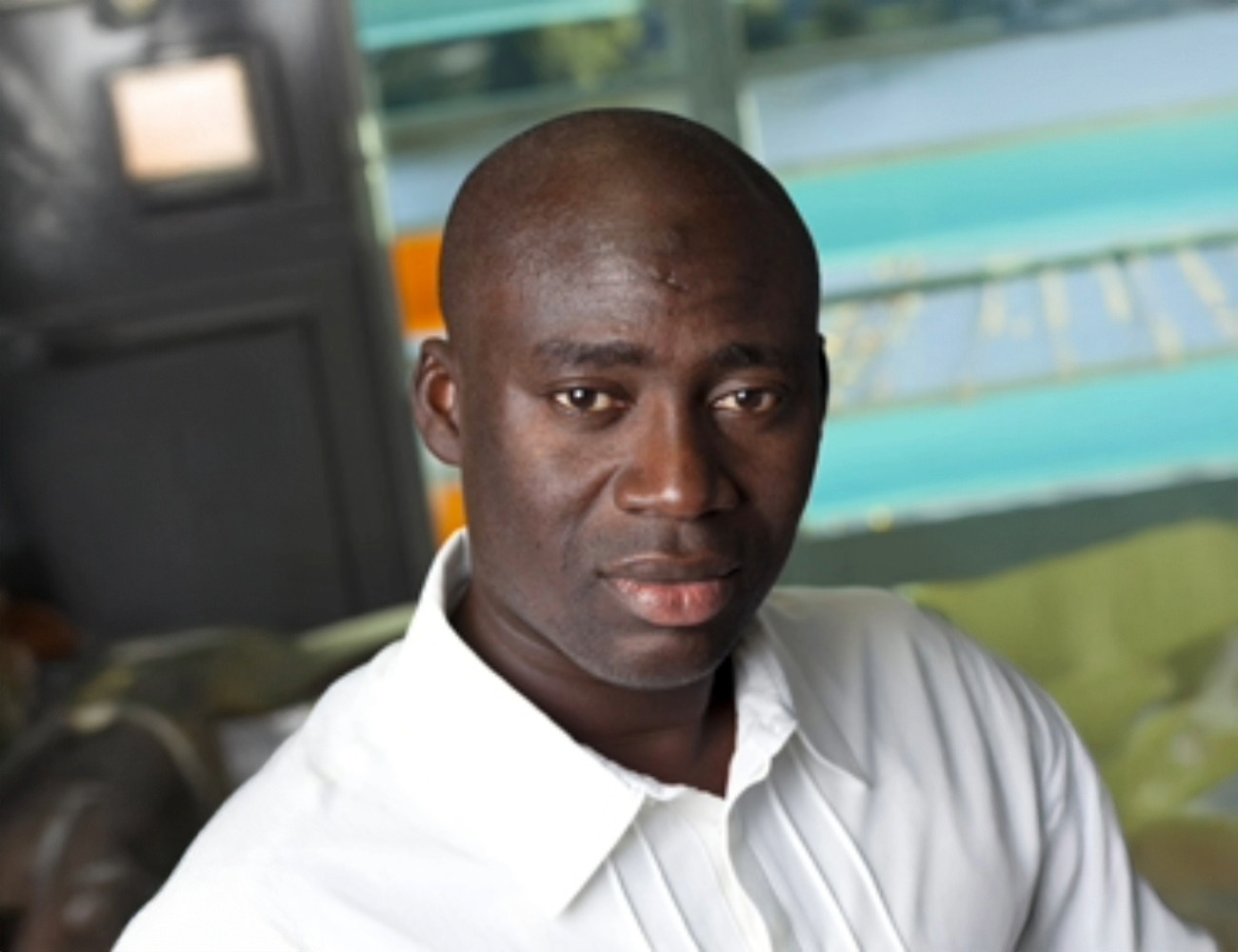
Chikouna Cissé is lecturer in African history at Félix Houphouet Boigny University in Abidjan (Côte d’Ivoire) and a former fellow of the Nantes Institute for Advanced Study (2012-2013). His PhD thesis in history was dedicated to „Migrations et mise en valeur de la Basse Côte d’Ivoire (1920-1960)“. He teaches and conducts research on long-term African migration, with a particular focus on the Jula merchant diaspora in West Africa. Chikouna Cissé is part of the international team in charge of Volume IX of the General History of Africa, which deals with global Africanity. He is a member of the Indo-European and African network for the study of merchant diasporas in the modern era. In 2021, he was appointed by the UNHCR as an expert trainer in the framework of the UNHCR programme for the French-language training unit on statelessness and nationality, where he is in charge of the section on historical migrations and identity formation in Africa from the fifteenth to the twentieth century. At the SCALL Graduate School of Félix Houphouet Boigny University, he coordinates the research focus on Population movement and identity formation. Since June 2024, he is a member of the Scientific Committee of the Council for the Development of Social Science Research in Africa (CODESRIA).
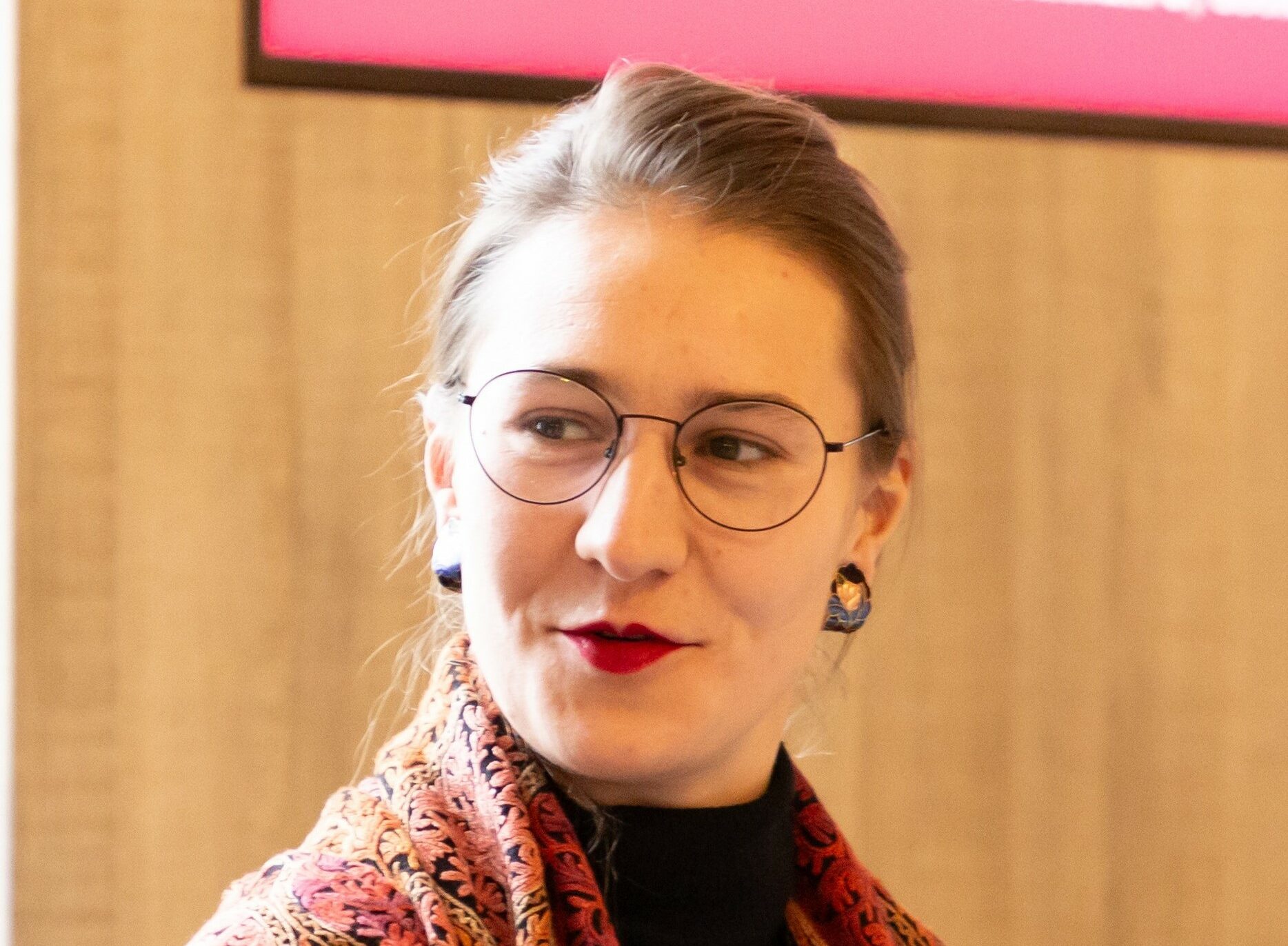
Léa Delmaire is a historian specialising in health and public health policies in Republican Turkey. In 2024 she defended a thesis entitled ‘“The Great Turkish Miracle”: The Problematisation and Politics of Tuberculosis in Turkey (1945-1975)’ (in French). She is working at the Institut Pasteur (Paris) as part of TICKRISK, an interdisciplinary project on Crimean-Congo Hemorrhagic Fever, with a postdoc project on ‘Historicizing knowledge production on emerging diseases, diseases surveillance and response in Turkey’. She recently co-edited an issue of Histoire, médecine et santé on ‘Enquêtes médicales’ (2022) with Pierre Nobi and Paul-Arthur Tortosa, co-led a project on ‘Welfare and domestic space in Southeastern Europe’ with Gabriel Doyle, and published an article in Centaurus on a medical survey led in a ‘pilot zone’ in 1960s İstanbul (2023).
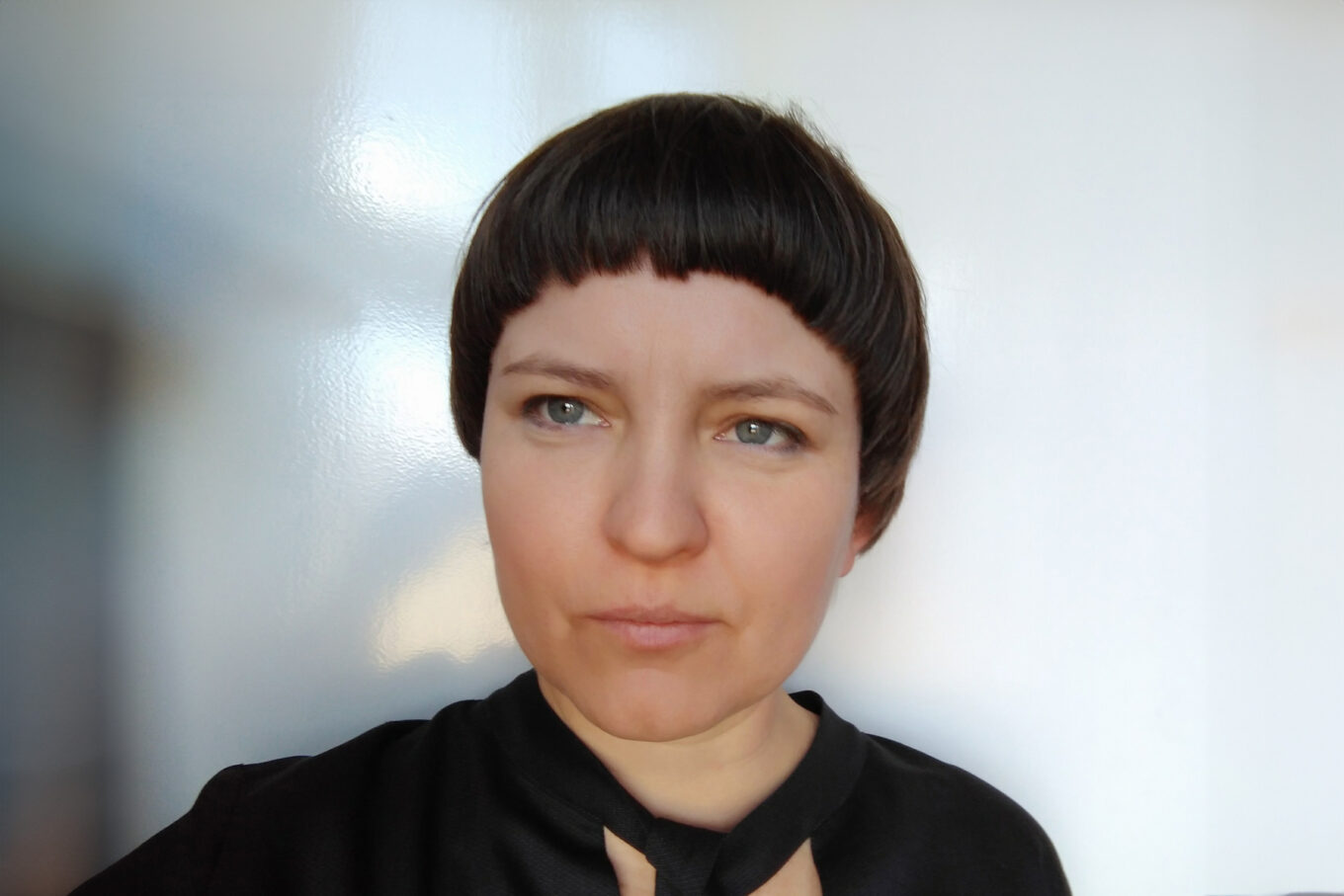
Anna Echterhölter teaches the history of science at the University of Vienna since 2018. In 2017 she defended her second thesis on the history of historical and colonial metrology at Humboldt-University Berlin. She went on to focus on the history of data and social history of quantification with a research focus on German colonies in Oceania. She had fellowships at the Max Planck Institute for the History of Science in Berlin (2008, 2015) and at the German Historical Institute in Washington, DC (2016) and has acted as interim professor at the HU and TU Berlin (2017/18). She also serves as co-editor of the journal Science in Context/Cambridge University Press.
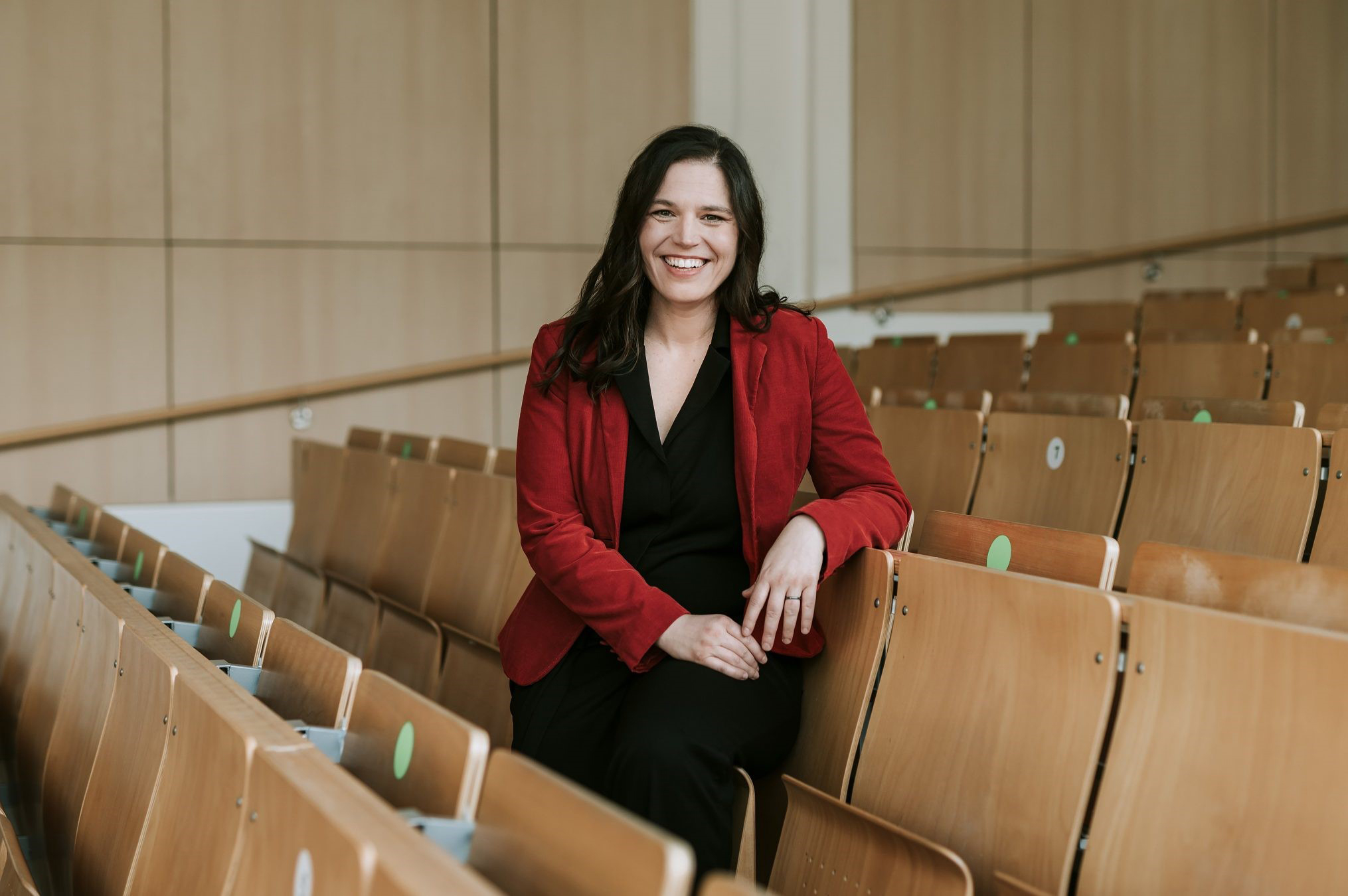
Nicole Holzhauser is research associate (post-doc, until 12/2024) at the Institute of Sociology, Technische Universität Braunschweig. Within the field of the history of sociology, she is interested as much in the methods as in the producers of social research (e.g. measurement and quantification, careers of early sociologists, discrimination and marginalisation processes in academia). In the network, she will contribute with reflections on measurement methods in social sciences, ‘good’ scientific praxis and standards from a historical and contemporary point of view, as well as on evolutionary sociology as a subfield of study of human behaviour and genetics.
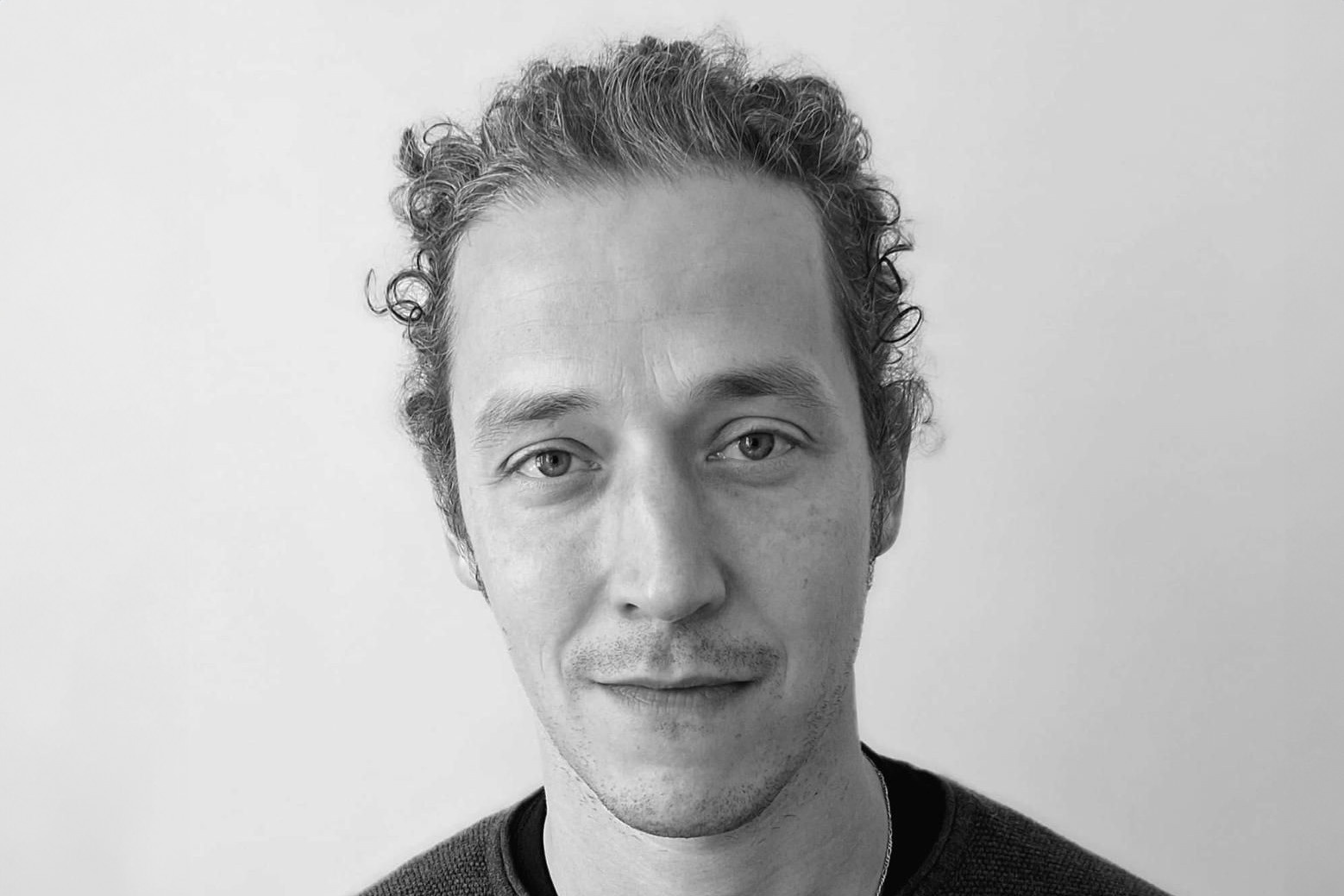
Martin Herrnstadt is historian of science with a focus on the history of the humanities and social sciences from the 17th to the 20th century, currently working as a research assistant at the University of Bremen. He is particularly interested in how concepts of hu/man, nature and society are shaped by empirical practices, materials, and their specific political and economic contexts/functions. He approaches knowledge production with the premise that its political/power dimensions cannot be fully understood as merely external influences on science. In his current research, he explores the emergence of the “Enquête” as a transformative form of political knowledge production in the 19th and 20th centuries. He focuses on the intersections between the early natural history of humanity, the empiricization of morality, emerging social research and social movements, the institutionalization of welfare, and the administrative and legal structuring of the lifeworld. To investigate this nexus, he examines the history of the „monographic method“ and the tradition of single-case research within an emerging transnational “monographic movement” from the Vormärz to the 1950s and 60s.
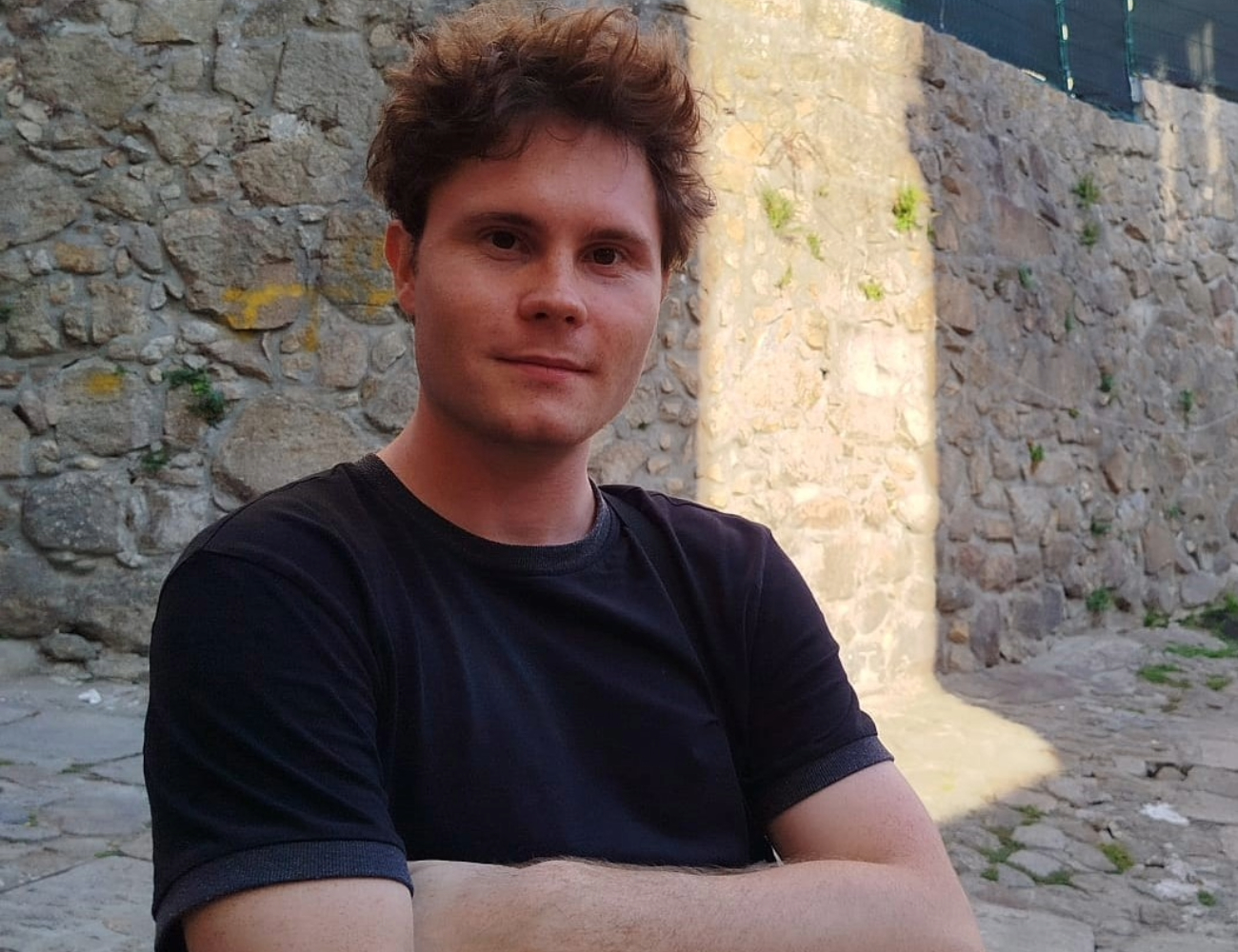
Svit Komel teaches legal history at the Faculty of Law in Ljubljana. Since 2025 he holds a PhD in legal history from the Faculty of Law in Ljubljana, having previously completed his legal studies at the same university and an MPhil in History and Philosophy of Science and Medicine at the University of Cambridge. His PhD dissertation examined how surveys, as a particular form of power and manner of producing knowledge that developed in the 18th and 19th centuries, influenced transformations of property and the transition from manorialism to capitalism in the former Habsburg Monarchy. He has focused in particular on cadastral surveys, the land relief or the abolition of serfdom, and the regulation and redemption of collective peasant rights in forests and pastures. He has also published on William Petty’s survey of Ireland during the Cromwellian occupation and conducted a study of the work conditions and practical knowledge at the Ljubljana District Court Condominium Department based on interviews with the employees.

Aluízio Marino has dedicated his career to bridging policy, urban development, and community empowerment. He holds a Bachelor’s degree in Policy Management (USP) and a PhD in Territorial Planning (UFABC). Currently, he is a postdoctoral researcher at the University of Antwerp (Belgium) as part of the Infocitizen Project, where he investigates innovative strategies to combat disinformation and strengthen civic engagement.
Previously, he coordinated LabCidade at FAU USP, leading groundbreaking research on urban inequalities and critical cartography. In Brazil, he has also worked as a popular educator and mentor, training over 30 young researchers from São Paulo’s Heliópolis favela. These experiences have reinforced his belief in the transformative power of education and grassroots action in building more equitable communities.
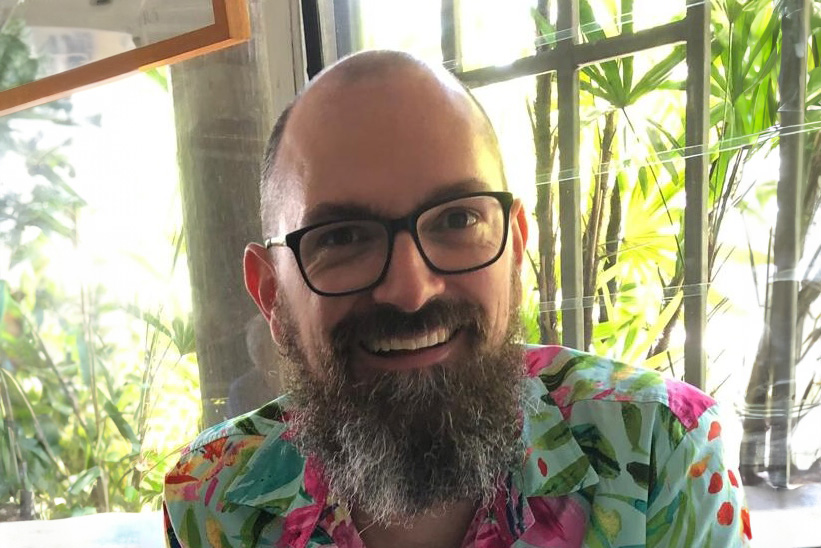
Daniel Midena is a historian with interests spanning the histories of science and religion (and especially their intersection) in the South Pacific region over the nineteenth and twentieth centuries. He has held teaching positions and/or research fellowships at the University of the South Pacific (Fiji), the University of Queensland (Brisbane), the National Library of Australia (Canberra), and the Max Planck Institute for the History of Science (Berlin).
His current archival work at the National Archives of Fiji (Suva) and the Western Pacific Archive (Auckland) focuses on investigating the history of social scientific techniques in Fiji under British rule (1874-1970). To what extent did the arrival in Fiji of paper technologies (e.g. surveys and questionnaires) – and the new forms of politics it ushered in (e.g. commissions, statistics, and bureaucracies) – disrupt and change traditional approaches to understanding and organising Fijian communities? And what kinds of training in advanced social scientific methods (such as surveying) did an emerging class of Fijian civil servants receive prior to the start of the first local university in 1968?
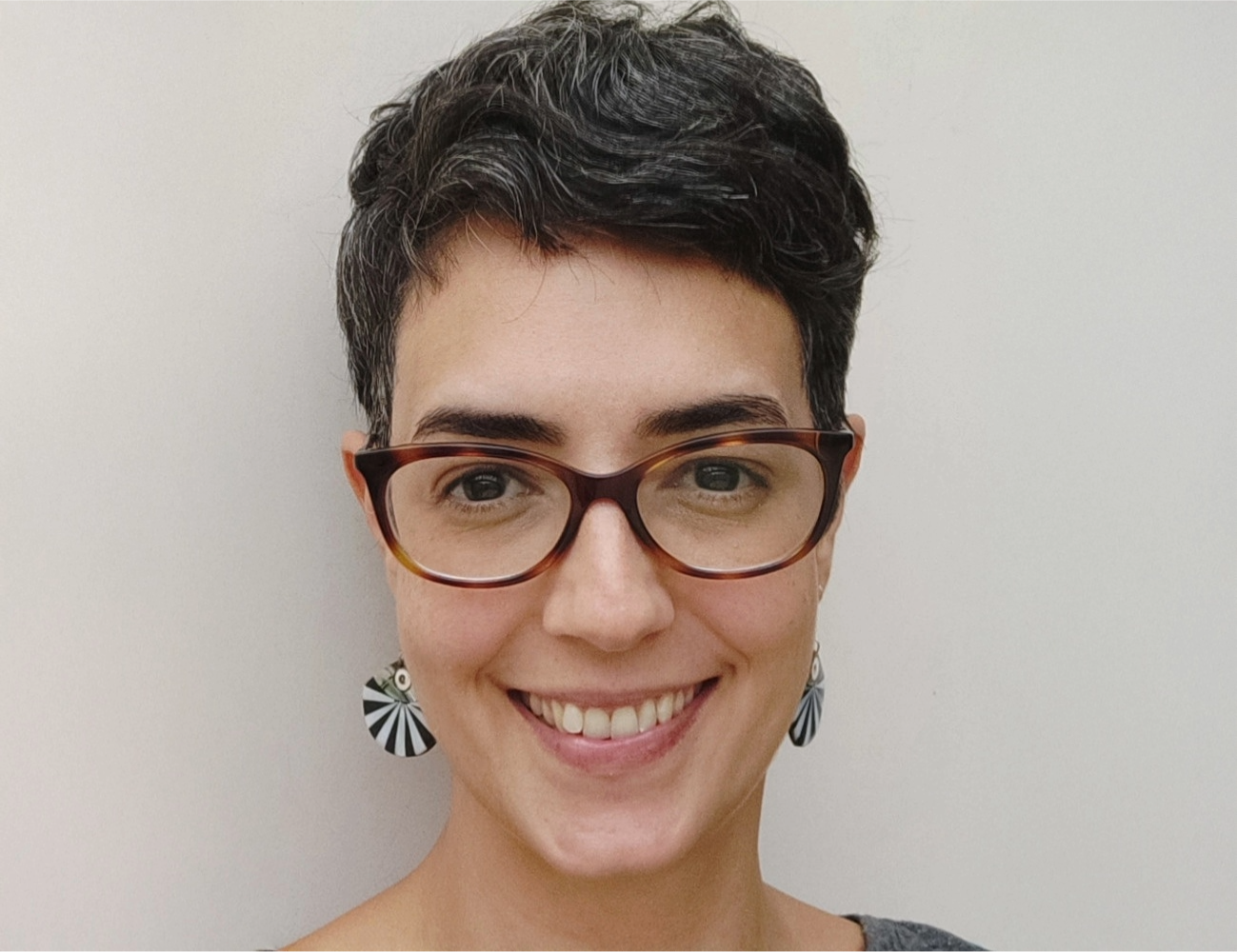
Eugênia Motta is a professor in the Department of Cultural Anthropology at the Federal University of Rio de Janeiro (UFRJ). She also teaches in the graduate program in Sociology at the Institute of Social and Political Studies (IESP) at the University of the State of Rio de Janeiro (UERJ) and coordinates two research groups: CASA – Social Studies on Housing and Cities, and NuCEC – the Center for Research on Culture and Economy. She obtained her doctorate in Social Anthropology from the National Museum (UFRJ) in 2010.
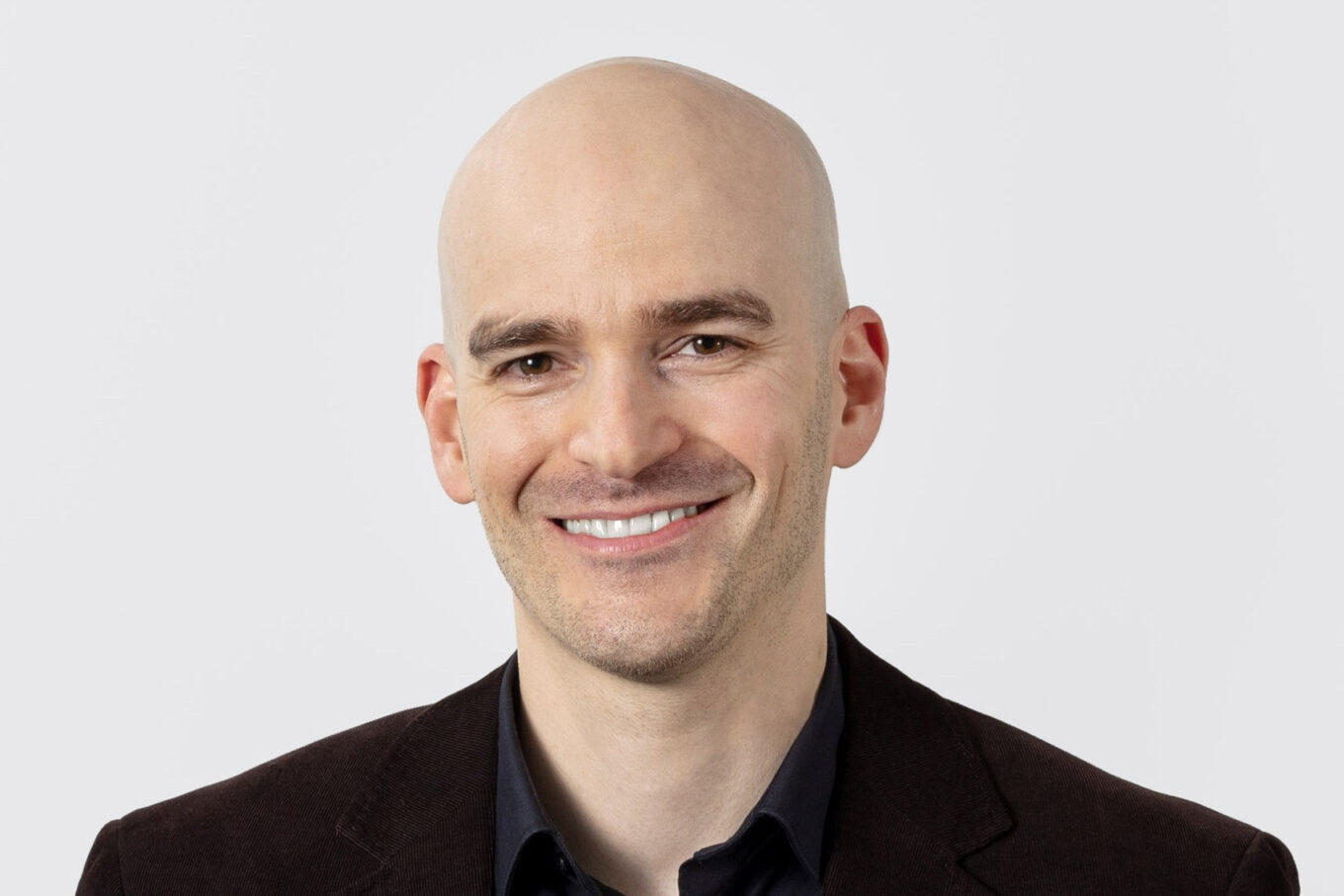
Martin Petzke is Professor for Historical and General Sociology at Bielefeld University. His research investigates the ways in which social-scientific expertise, statistics, and numerical indicators shape, intervene in, and transform fields of specialized practice. His work is focusing on the role of religious statistics in the emergence and perpetuation of global evangelical missions since the nineteenth century and how such quantitative perspectives have had an impact on other religions encountered in the mission field; the political measurement of immigrant integration and its effects on integration offices in German bureaucracies; the activities of the Verein für Sozialpolitik and missionaries in both the metropole and the colonies of the German Empire and how these activities shaped the construction of the worker question and the „Kulturkampf“ as two foundational debates in the formation of the German nation state.
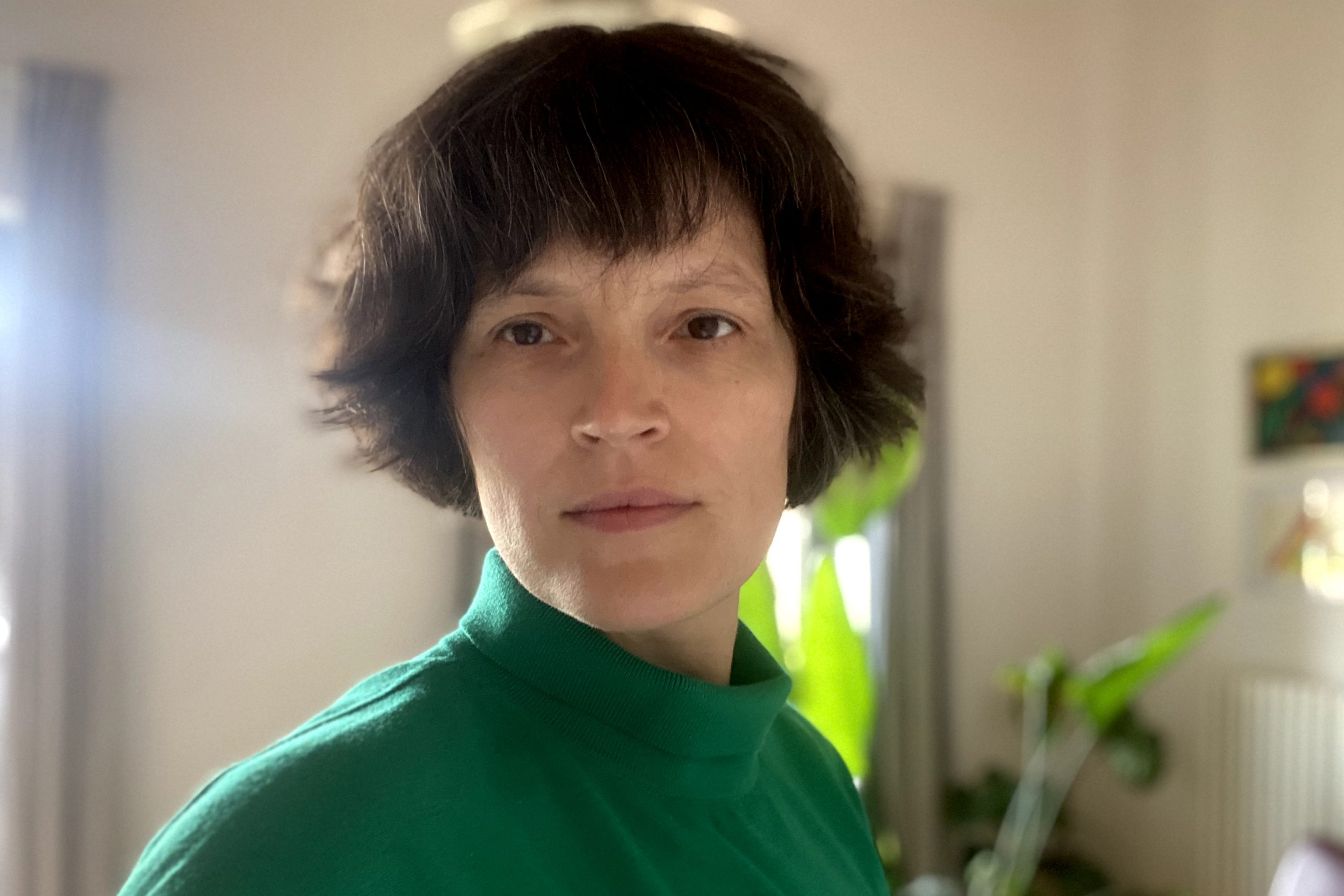
Laure Piguet is a post-doctoral researcher in contemporary history at the University of Fribourg (Switzerland) and an associate researcher at the Marc Bloch Centre (Humboldt University, Berlin). Her current research focuses on British and French prison statistics and prisoner surveys in the nineteenth century. Her research is part of Prof. Alix Heiniger’s project ‘Espace carcéral et circulations: une histoire transnationale et régionale des prisons suisses (1820-1980)’. Following a Master’s degree in the history of women and gender, her thesis, which was awarded the Alain Desrosières prize, focused on the links between workers‘ struggles and statistics in France and Great Britain. She is involved in a number of public history projects looking at the gendered dimension of commemoration in streets and public spaces, and highlighting the role of women in Geneva’s past.
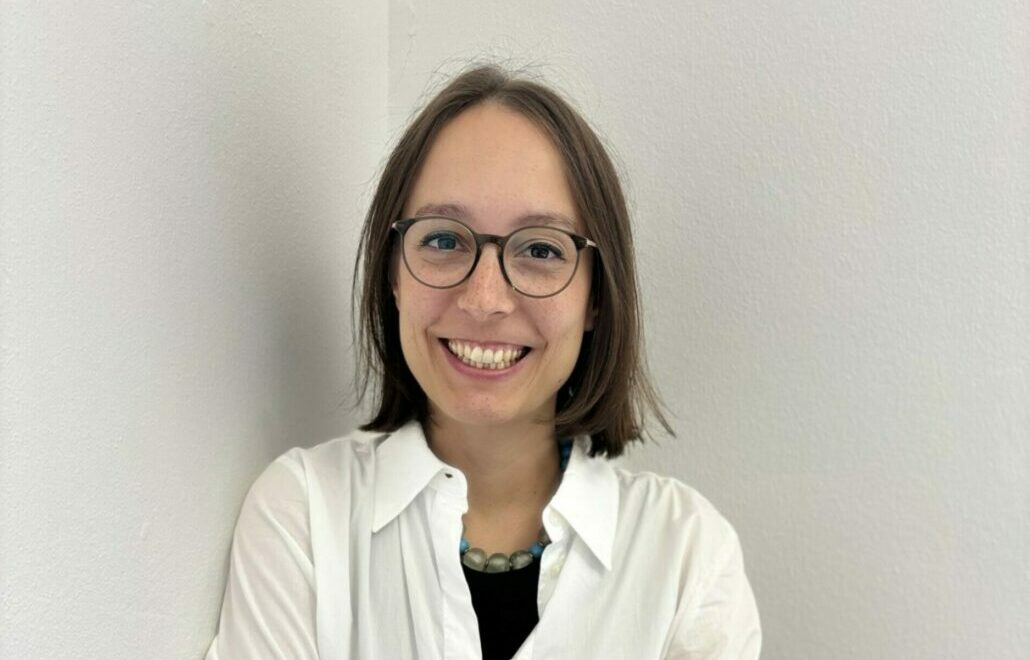
Léa Renard is a researcher in sociology, specialized in the historical sociology of knowledge and quantification. From January to August 2026, she was awarded a Early Career Fellowship from Freiburg Institute for Advanced Studies, University of Freiburg. She conducted her research at the Max-Weber-Institute of Sociology, Heidelberg University, and at the Institute for Latin American Studies, FU Berlin. She holds a binational PhD degree in sociology and political science from the University of Potsdam and Université Grenoble Alpes (2019). She coordinates the network together with Martin Herrnstadt.
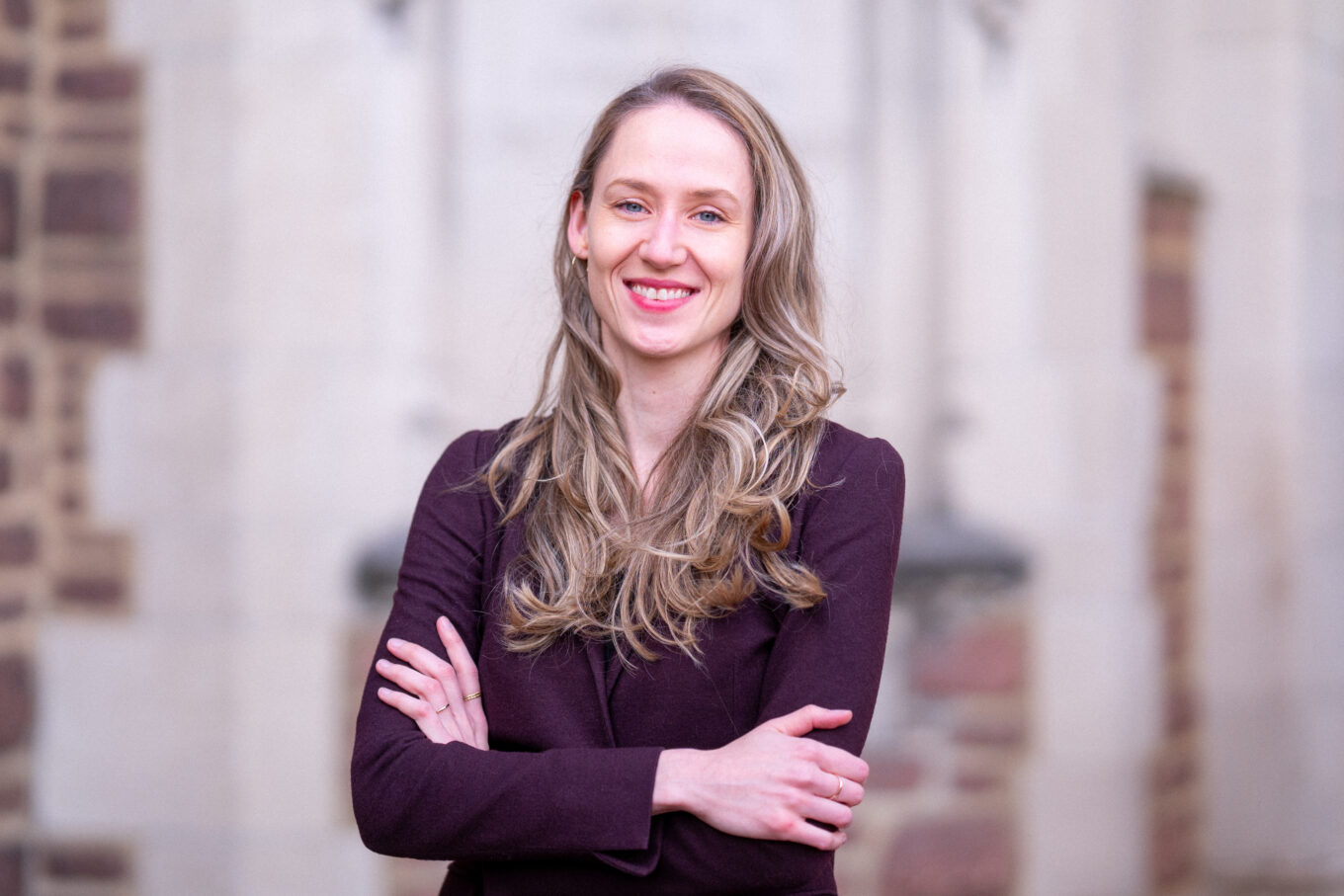
Anne Schult is Assistant Professor of History at Washington University in St. Louis (WashU), with a research focus on modern Germany, Britain, and France. Her research engages with the history of migration across European nations and empires and the ways in which migration and displacement have been theorized in the human sciences.
She is currently at work on her first book, Counting the Countless: Statistics, Demography, and the Twentieth-Century Refugee. Set against the conventional narrative of increasing legal protection, it tells the unknown story of how the modern refugee was made by the quantitative social sciences in the era of two World Wars. Drawing on archives in Britain, France, Germany, Switzerland, and the US, Schult argues that statisticians and demographers devised an intellectual framework for identifying, classifying, and controlling refugees via numbers. These numbers, in turn, became directly involved in international refugee policy as it was enacted.
At WashU, she teaches surveys on nineteenth- and twentieth-century Europe as well as seminars on racial and social othering, transatlantic migration, and humanitarianism.
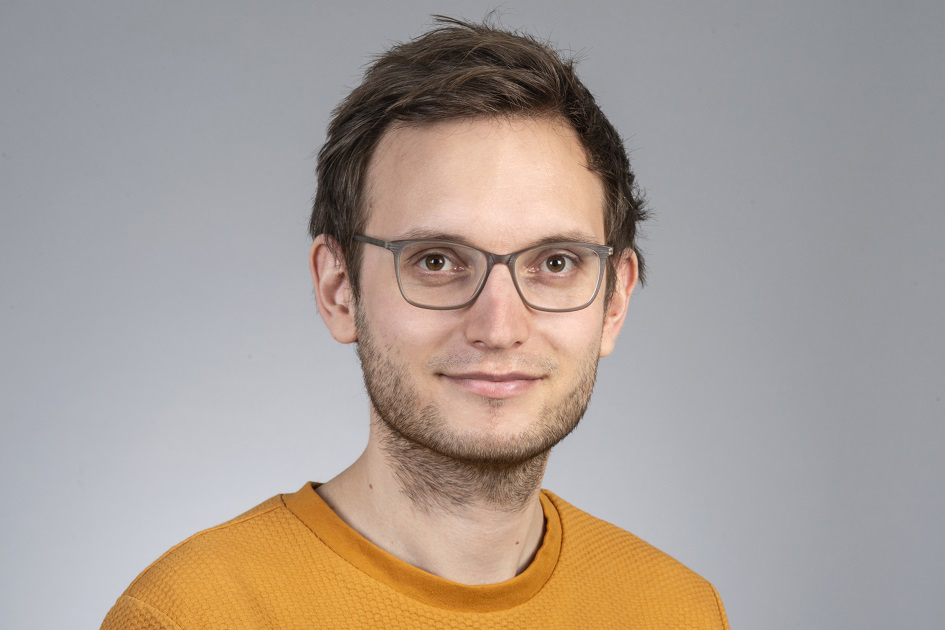
Stephan Strunz is a historian of culture and science, researching the intersections of bureaucratic, literary and medical forms of knowledge. He obtained his PhD from Humboldt Universität zu Berlin in 2021, focusing on the history of the Curriculum Vitae (CV) in the Prussian administration (published as a monograph in 2022 by De Gruyter). From 2021 until 2022, he was a postdoctoral researcher at Ruhr-Universität Bochum. Since November 2022, he has been holding a postdoctoral position at the Institute for the History of Medicine at TU Dresden. Currently, he is working on an epistemic history of housing hygiene in European metropolises around 1900.
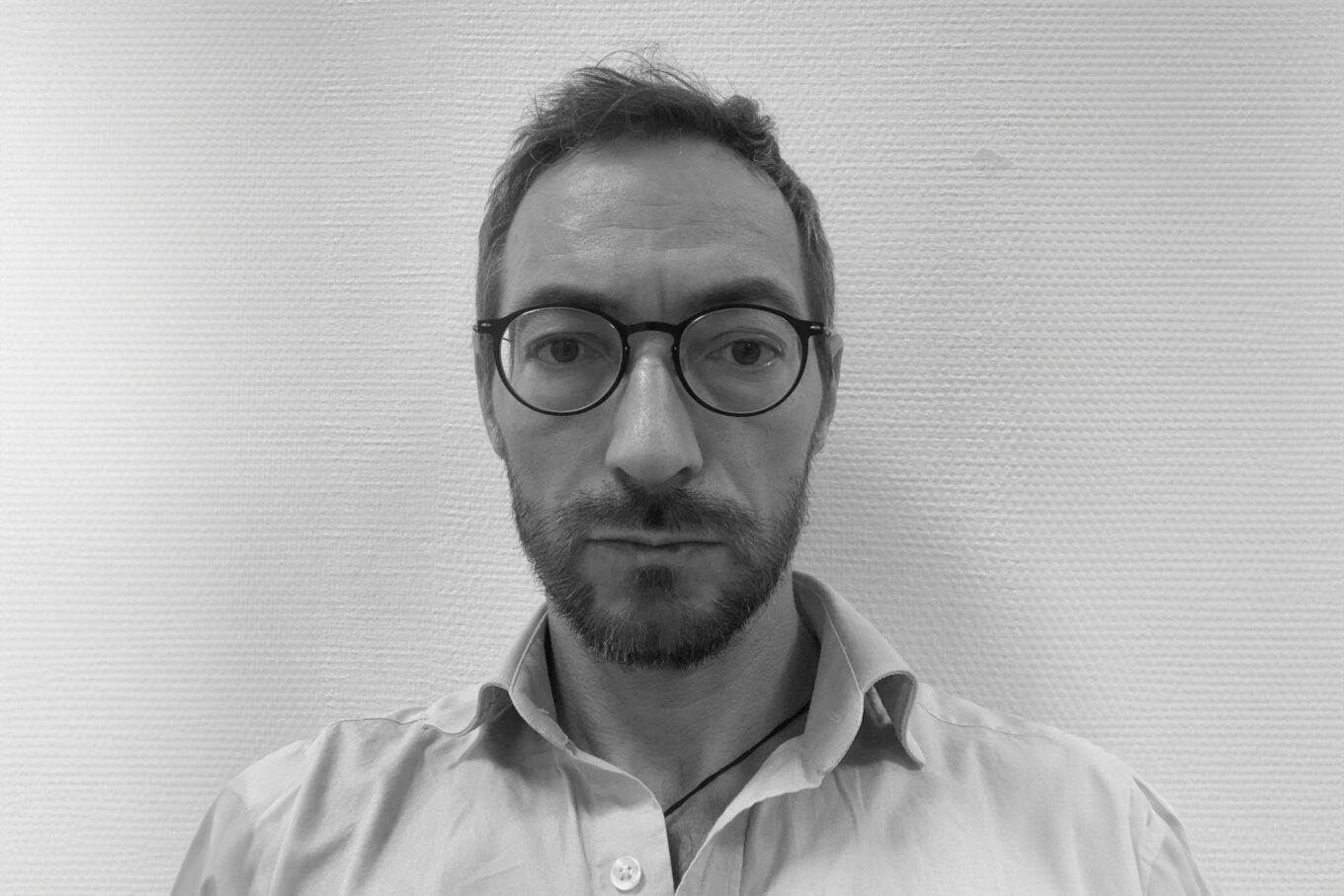
Julien Vincent is Senior Lecturer at the University of Paris 1 Panthéon-Sorbonne, and a member of the Institut d’histoire moderne et contemporaine (UMR 8066 CNRS). He’s preparing a book (in French) provisionally entitled Leviathan’s two bodies: Revolution and Environment in England and France 1640-1807. This is a history of the state category of “land”, during the periods 1640-1660 in England and 1789-1807 in France, that looks both at political thought (Hobbes, Sieyès) and at cadastral practices on the field.